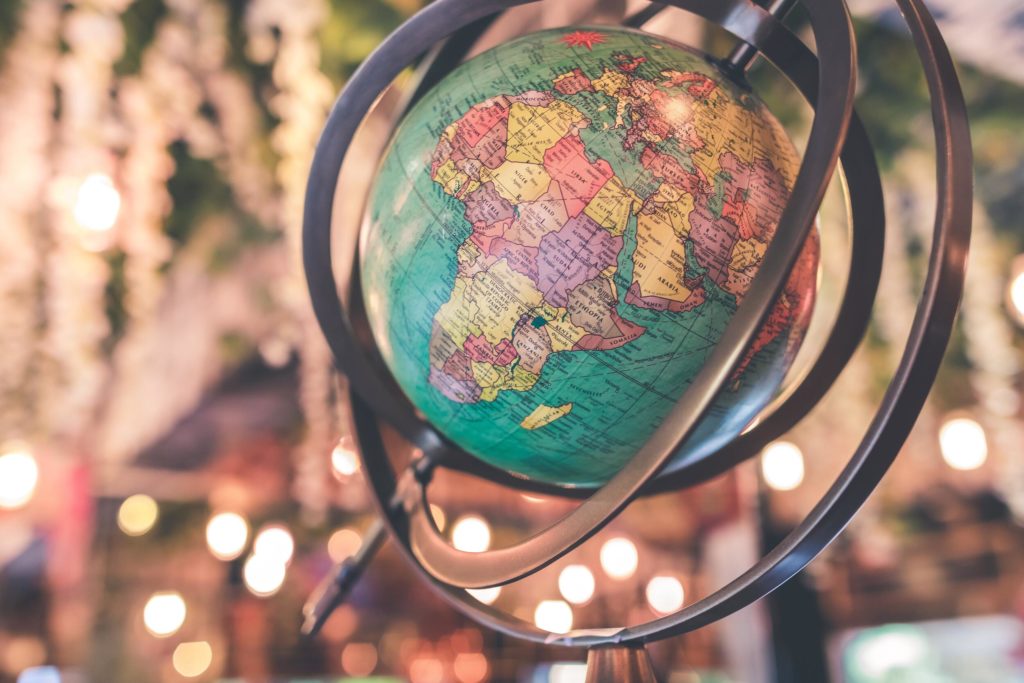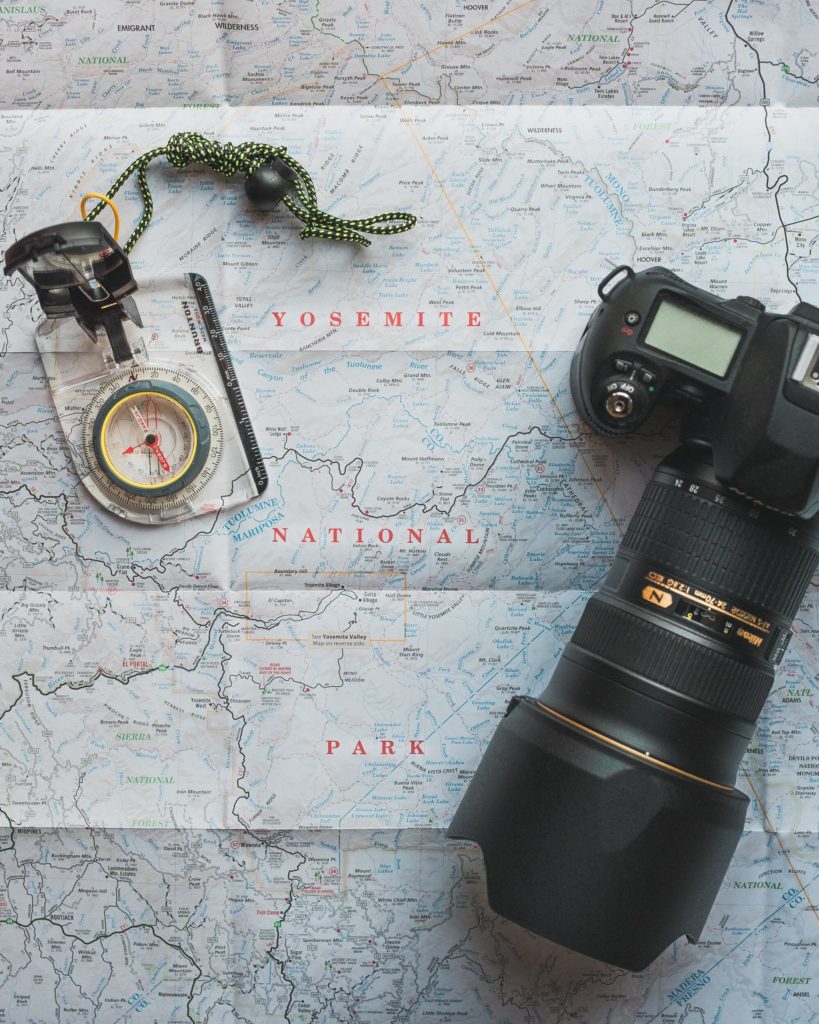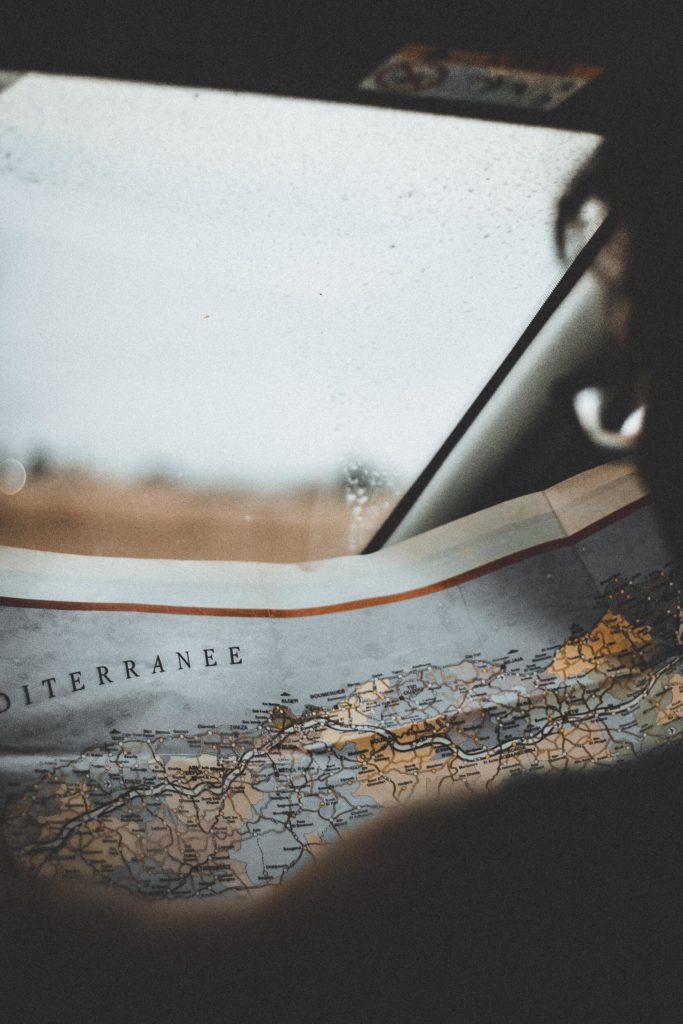Introduction to Antigua and Barbuda

Antigua and Barbuda is an island country located close to the North American continent in the Carribean Sea, consisting of several large islands and many small islands, two of which are inhabited. The south side of the country is surrounded by Montserrat and Guadaloupe islands, and the north and west sides by Nevis, St. Kitts, St. Barts, and St. Martin islands together called the Leeward Islands. The country is oficially divided into six parishes and two dependencies.
Today (2017) it stands at 124 (81.66%) in the ranking of 190 economies on the ease of starting a business. In 2017 Antigua and Barbuda’s gross domestic product is estimated 1.4 billion USD.
In case you are looking for an opportunity to relocate to this country – see more options here.
History of Antigua & Barbuda
Christopher Columbus gave the name for the country in 1493 after discovering the islands, but it also has a nickname Land of 365 Beaches
due to the numerous beaches surrounding the islands. Its language, governance, and culture have all been greatly influenced by the British Empire, of which the country was formerly a part.
The country gained its first independence in 1967 as an associated state. In 1981 it gained independence from the United Kingdom. The Spaniards did not colonise the island due to the main reason – there was lack of fresh water on it.
Economy of Antigua & Barbuda
The soil of the island is used for developing tropical vegetation and agriculture. More than 11% of the mainland is now forested after planting white and red cedar, mahogany and acacia. However, tourism sector dominates country’s economy, accounting for more than 50% of its gross domestic product (GDP).
Some part of the economy is made up by financial services and investment banking. Country’s GDP composition by sector (2017): agriculture – 2.2%; healthcare and technological industries – 17.8%; services – 80%. The total contribution of travel and tourism sector to GDP in 2016 was 60.4% of GDP. In 2016 travel and tourism activities directly supported 6,000 jobs (16.7% of total employment).

Currency
The country has an East Caribbean dollar (XCD) as its official currency. It is fixed to the US dollar. For this reason it is entirely dependent on how well any exchangeable currency taken to the island is performing against the US dollar.
Business environment
Antigua and Barbuda adopted (1998) a national mandate, allowing it to become the pre-eminent provider of medical services in the Caribbean. Due to this, a technologically advanced hospital was built on the island. It also has two foreign-owned for-profit offshore medical schools and several medical and technological universities, which also contribute to country’s local economy and health care. Export is also developed in the country. Antigua and Barbuda’s top 3 export and import partners in 2015 were: US, UK and Spain. The country exports raw materials, intermediate goods, consumer goods and capital goods of local origin.
Financial services and investment banking also make up an important part of the economy. Major world banks including the Royal Bank of Canada (RBC) and Scotiabank have offices in Antigua. Financial-services corporations with offices in Antigua include PriceWaterhouseCoopers.
Politics and government of Antigua & Barbuda
The country has a Parliamentary democracy under constitutional monarchy. Queen Elizabeth II is its ruling monarch (2017). There is also a Governor-General Rodney Williams, who represents the Queen, and a Prime Minister – Gaston Browne. The Honourable Baldwin Spencer is the Leader of Her Majesty’s Loyal Opposition, who is also a member of the United Progressive Party of country’s Parliament.

Participation in international organizations
The country is a member of such interbational organizations as the Eastern Caribbean’s Regional Security System, the Bolivarian Alliance for the Americas, the Organization of Eastern Caribbean States, the Commonwealth organization, the Organization of American States, CARICOM, the United Nations (UN), International Criminal Court.
It is supported by the United States, having the Bilateral Immunity Agreement of protection for the US-military. Antigua and Barbuda contributed personnel to the multinational force in order to restore the democratically elected government of Haiti (1994).
Culture of Antigua & Barbuda
The island was named by Christopher Columbus as Santa Maria la Antigua in 1493, after an icon in the Spanish Seville Cathedral. Its culture have been influenced by the British Empire, as well as West African and American popular cultures.
Most developed cultural activities on the island are cricket, which is also a national sport, football, surfing and boat racing. Islanders listen calypso and soca music, which originated out of Trinidad. Traditional antiguan cuisine consists mainly of corn and sweet potatoes dishes.

Population
Country’s current (2017) population is 93, 617 people, ranking number 201 in the list of countries (and dependencies) by population. 23% of the islanders are urban.
Antigua and Barbuda’s population is made up of inhabitants of Madeiran, West African and British descent. Most of island’s ethnic groups are represented by the black and mulatto. Among other members of its population there are a few percents of whites of American, Irish or British descent. The rest of country’s population is made up of Indian and Asian people as well as Arabs and Jews.
Language
The official language of the country is English which is now widely spoken in preference to Antiguan Creole. There are also two different accents which exists on the island – the Barbudan and the Antiguan. More than 10 thousand island’s inhabitants speak also Spanish.
Immigration in Antigua & Barbuda

A minority of Antiguans are immigrants from such countries as Dominica, Jamaica, Guyana, the Dominican Republic, Nigeria, the Grenadines, St. Vincent and Nigeria. According to the World Bank collection of development indicators, there were registered 265.000 arrivals at the island in 2016.
The island offers its tourists local and imported food, wine, sports, water activities and nightlife. Antigua and Barbuda beaches are in easy reach of any part of the island.
Currently Antigua & Barbuda is offering a second citizenship program, allowing foreign investors to apply for a citizenship, based upon investment made. Click here to read more about Caribbean passport or contact us to apply now.